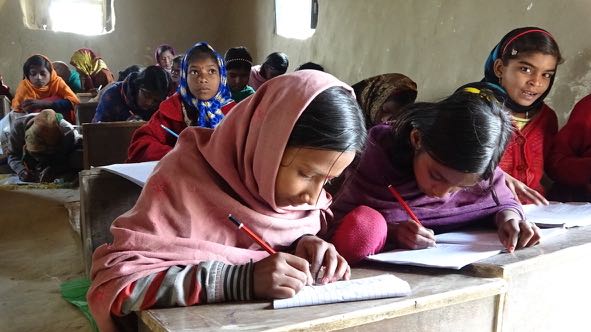 The craftsman trainer, Giuman Ansari |
MAITRI Alternative Education program
MAITRI Education program: measurable outcomes and impact A. MAITRI Primary Education program
|
 Ramnagar Village |
|
 Fulchatar Village |
|
Skip to content


